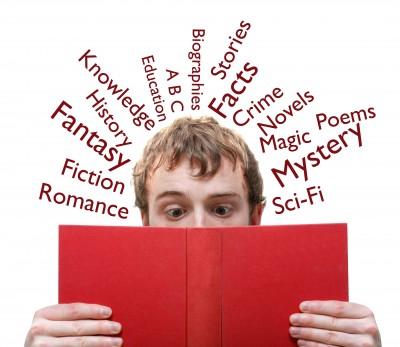ReadOasis Step 2
(Part 1)
Mary lay down on the sofa with her book, and she opened it again. She couldn’t wait to find out what would happen next. She loved science fiction, and this book was one of the most famous sci-fi books of all time: 2001: A Space Odyssey.
Mary started reading again. It was three million years ago, and the ape-men were dying of hunger. It was a desperate situation. Then, something happened that would change everything. A large, black stone appeared in the desert. It was sm...
